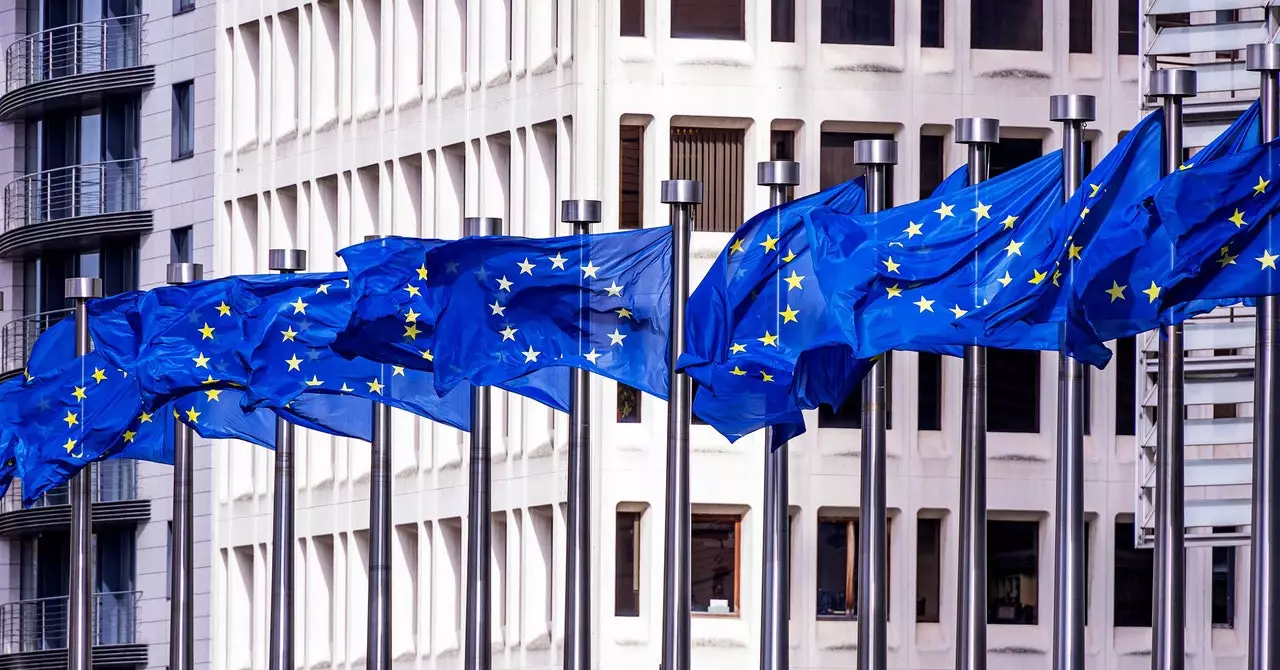The European Commission has set its sights on Bing, Microsoft’s search engine, in its latest duel with big tech giants. Brussels suspects that Microsoft has failed to properly moderate content produced by their AI systems, including Bing, Copilot, and Image Creator. This failure to moderate content has raised concerns that Microsoft may have violated the Digital Services Act (DSA), a key digital regulation in Europe. The commission demanded company documents to understand how Microsoft dealt with issues such as hallucinations, deepfakes, and improper influence in the upcoming European Parliament elections.
While the European Commission has previously resorted to sanctions against big tech companies, such as Google, Meta, and Apple, there appears to be a shift in strategy. Rather than immediately imposing fines, the commission is now taking a closer look at how these companies operate with the aim of modifying their practices. The Digital Services Act, for example, seeks to bring transparency to algorithms and advertising, combat online harassment and disinformation, protect minors, eliminate user profiling, and eradicate dark patterns on the web.
Brussels has identified 22 multinational companies that are the focus of its regulatory efforts, including Google, YouTube, Meta, Bing, Snapchat, Amazon, and others. These companies have been pressured to cooperate with the regulatory regime put in place by the European Commission. Recent investigations into platforms like Meta and Bing highlight the commission’s concerns about protecting minors, combating content that demands users’ attention, and encouraging responsible online behavior.
In addition to the Digital Services Act, the European Commission has introduced other key legislation to address the dominance of big tech in online markets. The Digital Markets Act, AI Act, Data Governance Act, Data Act, and other regulations aim to ensure data protection, regulate the use of data in the public and private sectors, and promote digital operational resilience. While these regulations are intended to hold big tech companies accountable, their enforcement and effectiveness remain a point of contention.
Despite the European Commission’s efforts to regulate big tech giants, the future remains uncertain and complex. The digital bureaucracy within the EU is vast and intricate, making it challenging to navigate and enforce regulations effectively. While some successful blows have been landed against companies like ByteDance, the ongoing battle between regulators and big tech companies continues to evolve. The outcome of these investigations and regulatory efforts will shape the future of digital governance in Europe and beyond.


Leave a Reply